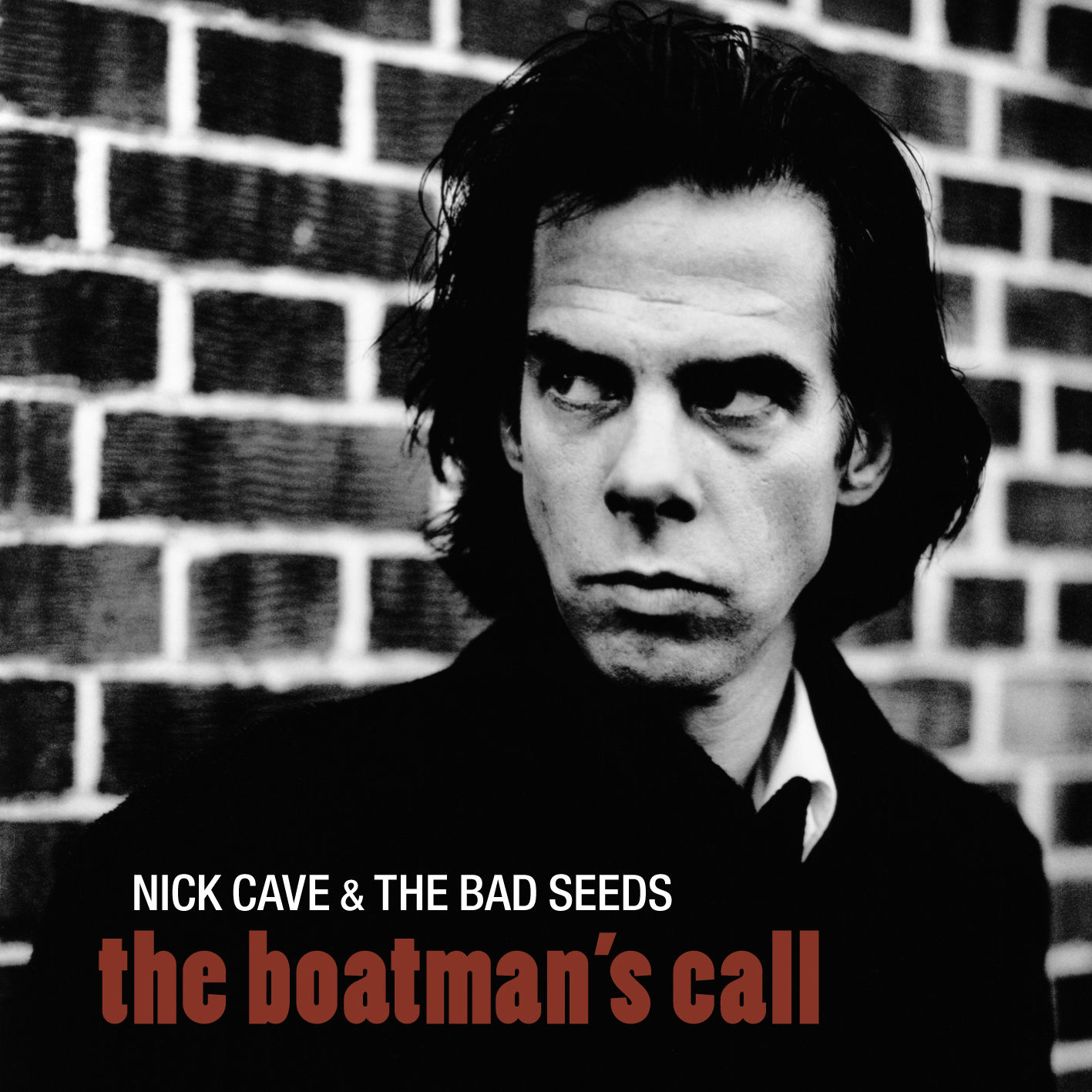Released in early March 1997, Nick Cave and The Bad Seeds’ The Boatman’s Call was received with a modest amount of fanfare, and was pretty much instantly embraced as one of their best albums by longstanding fans, as it quickly proved itself to be their gentlest and most romantic album since The Good Son seven years previously, and also echoing that album’s approachable feel.
At this point in their career Nick Cave and The Bad Seeds had seemingly grown comfortable with becoming a capable, mature, wordy, but above all classy act, something which allowed them to stand out in a music scene which, at the time, seemed to be fragmenting and about to explode in multiple directions simultaneously. Keeping their heads when all around were losing theirs, Nick Cave and The Bad Seeds boasted one of the finest lyricists of the era, who just so happened to be blessed with an equally fine voice, and as a band they could be as subtle and gentle, or as brutal and bloody, as the song required. This was a band that could pretty much do anything that they set their minds to, and were not necessarily restricted to the dark romance and brooding drama for which they had gained such a weighty reputation.
For some of us, The Boatman’s Call is Nick Cave and The Bad Seeds’ most enduring album, it’s melancholy doomed romance writ large in the album’s three best known songs, “Into My Arms”, “People Ain’t No Good” and “(Are You) The One That I’ve Been Waiting For?”. Here and there you do sometimes find yourself wishing that the rest of the band would hold back a little and just leave Cave with a piano for accompaniment, which would have resulted in a much more sparse, direct and uncluttered sound which could have lifted the songs even further. Never is this more obvious than on “Black Hair”, an otherwise world-beating song slightly spoilt by an unnecessary woozy organ sound which drags the whole thing down and results in the album’s low-point.
This is splitting hairs though. The Boatman’s Call is one of the unarguable highlights in the long and varied career for Mr Cave, and it remains the album of his that I return to most frequently for those times when I have to remind myself how dark and unlovely love can sometimes be. It’s a powerful and potent album, by a powerful and potent band and no amount of ‘what ifs’ can do much to lessen its sombre impact.














No Comment